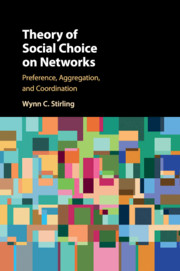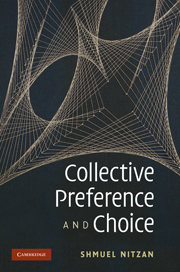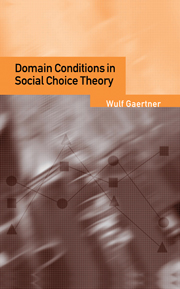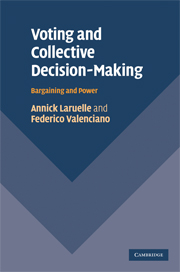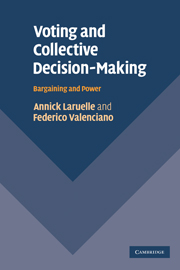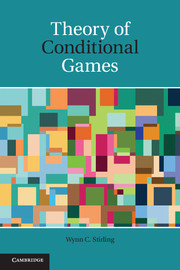Theory of Social Choice on Networks
Classical social choice theory relies heavily on the assumption that all individuals have fixed preference orderings. This highly original book presents a new theory of social preferences that explicitly accounts for important social phenomena such as coordination, compromise, negotiation and altruism. Drawing on cybernetics and network theory, it extends classical social choice theory by constructing a framework that allows for dynamic preferences that are modulated by the situation-dependent social influence that they exert on each other. In this way the book shows how members of a social network may modulate their preferences to account for social context. This important expansion of social choice theory will be of interest to readers in a wide variety of disciplines, including economists and political scientists concerned with choice theory as well as computer scientists and engineers working on network theory.
- Written for both social science and computer science audiences, the individual preference framework is extended to enable members of the network to modulate their preferences in response to social influence
- Extends social choice to influence networks, which are expressed as directed graphs whose vertices are individuals and whose edges constitute the medium by which social influence is propagated between individuals
- The concept of aggregation is expanded to generate a comprehensive social model that provides a complete characterization of the complex social structure
Product details
No date availablePaperback
9781316616888
226 pages
229 × 152 × 10 mm
0.35kg
Table of Contents
- 1. Preference
- 2. Aggregation
- 3. Deliberation
- 4. Coordination
- 5. Randomization
- 6. Satisficing
- Appendix A. Dutch book theorem
- Appendix B. Bayesian networks
- Appendix C. Probability concepts
- Appendix D. Markov convergence theorem
- Appendix E. Entropy and mutual information.

